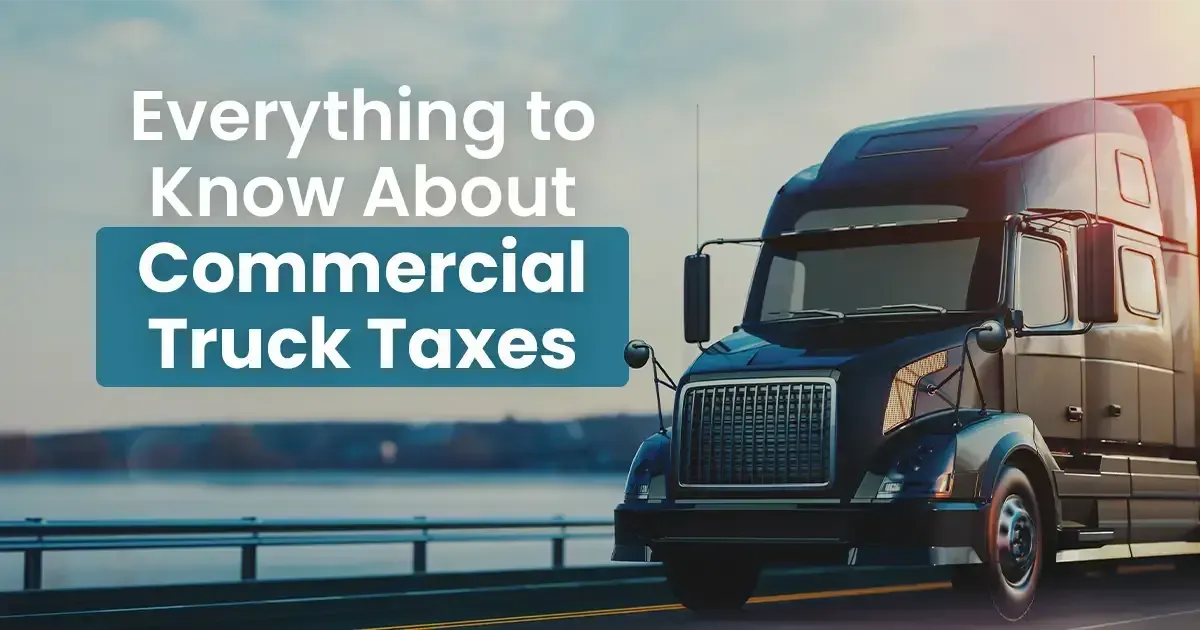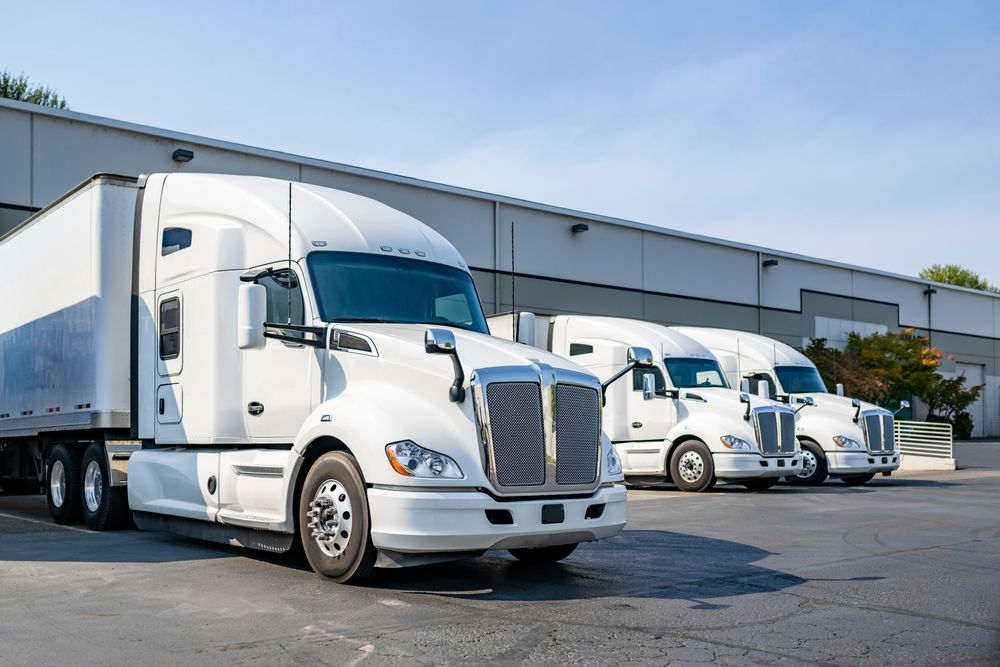
Taxes can become a significant cost for transportation business owners, but there are many ways to reduce these bills. This involves being familiar with tax credits and breaks that your freight business may be eligible for.
Due to tax code complexity, though, it’s not always easy to determine which ones to use — or even find them in the first place. The following guide includes several tax breaks and credits that are available in the transportation industry.
What is the Difference Between a Tax Break vs. Credit?
These terms may sound similar — but they work in different ways:
- Breaks or deductions reduce the amount of taxable income your business has
- Credits lower the amount of tax your company owes dollar-for-dollar
For example, a tax credit of $5,000 directly decreases your tax bill by $5,000. A deduction of $5,000 lowers your taxable income by this amount, reducing the amount of taxes you owe.
Tax Breaks (Deductions) That Are Prominent in the Transportation Industry
Several deductions are available to help lower tax bills for transportation businesses. But state laws and other factors can affect eligibility and the amount your company saves if you use these breaks. The following are some of the main types of deductions that transportation business owners use.
Accelerated Depreciation
Trucks and other assets lose value over the years. With accelerated depreciation, businesses are allowed to deduct higher amounts during the early years of these assets. These higher upfront breaks result in lower taxes, helping companies save money sooner rather than later. Note that these deductions decrease in the future, though.
Qualified Business Income Tax Deductions
QBI deductions are part of the Tax Cuts and Jobs Act, but they won’t be around much longer. In fact, they expire at the end of 2025. These breaks allow businesses to deduct a maximum of 20% of QBI — the net amount of income. Note that the IRS has several exceptions that aren’t included in a business’ QBI.
Vehicle and Travel Tax Deductions
Operating a business in the transportation industry involves having trucks or other vehicles do a lot of driving, resulting in high fuel costs and other expenses. Companies have a couple of ways to use these deductions to help reduce tax bills, including:
- Standard mileage rate that includes the total number of miles driven multiplied by the standard deduction rate
- Actual car-related expenses, including maintenance, fuel costs, depreciation, insurance, and other expenses
Home Office Tax Deduction
Transportation business owners who have a home office can take advantage of this break to lower taxes. This deduction allows you to deduct a certain dollar amount per square footage or deduct a percentage of the square footage. Several expenses are included with this break, such as utilities, insurance, and supplies.

Per Diem Allowances
Rather than paying for the cost of employee travel expenses, transportation business owners can use per diem allowances. These cover lodging, meals, and incidentals when employees travel as part of their job. Note that you’ll need to keep records to substantiate when, where, and why employees traveled. The following explains these allowances in more detail.
Lodging
When employees stay in hotels or other accommodations for business purposes, these expenses are typically entirely deductible — as long as they don’t exceed per diem allowances for lodging.
Meals and Incidentals
These expenses include restaurant bills or other meal costs, room service, dry cleaning, tips for services, and certain other costs employees incur while traveling for business. Per diem allowance methods include lodging/meals/incidentals, meals and incidentals only, and just incidentals.
Tax Credits that Apply to the Transportation Industry
Using these credits, if applicable, can help your company lower your tax bill amount. These are some of the more commonly used tax credits in the freight industry.

Fuel Tax Credits
With fuel being one of the biggest expenses for transportation companies, this is among the most common types of credit that business owners use. These
fuel tax credits
help offset the cost of keeping trailers and other vehicles fully fueled. Other kinds of equipment may also qualify for these credits, such as pumps.
Employee Retention Credits
Was your transportation company affected by the COVID-19 pandemic? If so, you may be eligible for these credits. Businesses that were fully or partially closed down due to government orders or businesses that experienced a certain drop in revenue during 2021 may be able to use these credits. Note that the deadline for 2021 ERC claims is April 15, 2025.
Research and Development (R&D) Tax Credit
This credit helps encourage growth in the transportation industry while also helping companies save money on taxes. In order to qualify for this credit, you’ll need to meet certain criteria, such as having a qualified purpose and developing a new or improved process or other component. This credit covers several costs, such as supplies, wages, and testing.
Work Opportunity Tax Credit (WOTC)
Hiring employees from targeted groups can help you make use of this federal credit to reduce taxes owed. Examples of these groups include:
- Qualified veterans
- Designated community residents
- Vocational rehabilitation referrals
- Supplemental Security Income recipients
You’ll need to receive a certification for these workers from your state’s workforce agency to show that they are considered targeted group members. You’ll also need to submit the paperwork for this credit within a certain amount of time after employees begin working for you.
Looking for Tax Reduction Strategies? Get in Touch!
If you’re exploring ways to lower your taxes, having experts at your side can help! At Transportation Tax Consulting, we provide tax services for companies in the freight industry. Whether you need help with airline, trucking, or railroad taxes, our knowledgeable tax professionals can assist you with maximizing your tax return.
Ready to get started on reducing your company’s taxes through available federal,
state, and local credits and breaks? Schedule a consultation with TTC today!




